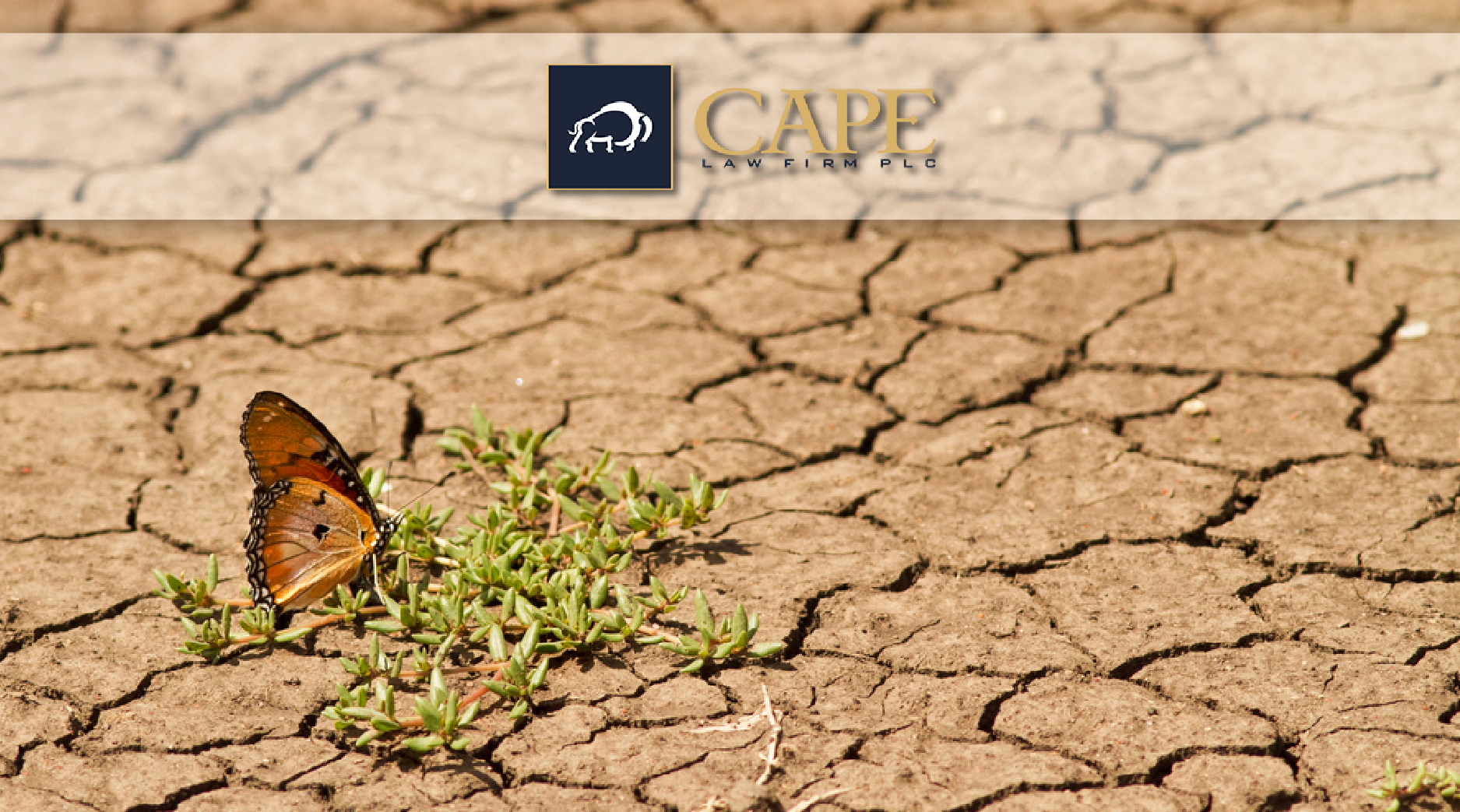Hank Jr. Was Right – the Mississippi River is Going Dry
The prolonged drought that has settled in the Midwest has been taking a toll on the Mississippi River, bringing it down to historic lows and disrupting one of the U.S.’s major supply chains. The low water levels are impacting barge and commercial shipping traffic which are key transportation providers for goods, especially grain and other commodities. As reported in the Wall Street Journal, some river traffic has been halted, and other ports and docks are essentially out of reach because the water is not deep enough for commercial boats. This has causes shipping prices to increase sharply – the cost of shipping a ton of grain from St. Louis to southern Louisiana has more than doubled in the last month.
This year’s historic low river levels appear to be another symptom of increasingly frequent extreme weather events – in contrast, during 2019 the Mississippi was at flood stage for a record 226 days and was the fourth time that the Bonnet Carre spillway (located just upriver from New Orleans) was opened in the last decade.
Future Yields Impacted by Climate Change
Yields of major row crops in the Midwest are expected to decline by as early as 2030 due to climate change according to a new study released by the Environmental Defense Fund. The study employed 20 different computer models and looked specifically at corn, soybeans, and wheat in Kansas, Iowa, and Minnesota to assess the impact of climate change on yields. Climate data from the models was scaled down to 4,000 acre units and combined with localized yield data to produce county-level analysis. Changes to seasonal temperature was modeled and the study indicated that the number of “killing degree days” (those with temperatures above 84 degrees) will increase, driving down crop production and yields. Three illustrative cases from the study were Iowa corn, Minnesota soybeans, and Kansas wheat:
- Killing degree days for Iowa corn will increase by 57% by 2030, reducing yields by 5% to 10%.
- Killing degree days for Minnesota soybeans will increase by 55%, reducing yields in some areas by up to 10%.
- Fall freeze days in Kansas are expected to decrease by 17%, but killing degree days for Kansas wheat will increase by 58% by 2030.
The study also indicated that traditional federal crop insurance programs may falter or become unsustainable if climate change trends continue.





